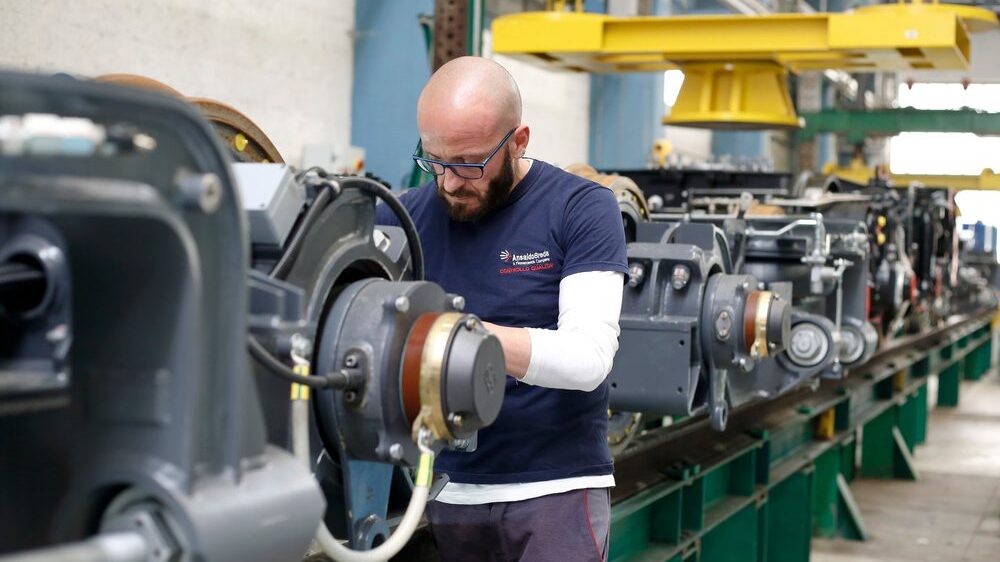
Plans to ban the sale of new fossil-fuel vehicles by 2035 have been cast into doubt as the Council of Europe postponed a vote on the legislation, caving to oppositional pressure from Italy and Germany. Poland, Hungary, and Bulgaria have also opposed the controversial legislation.
Critics of the ban believe it will cripple the auto industry across the continent. They are consequently seeking extensions and the exclusion of certain types of hybrid fuels.
Italian Deputy Prime Minister Matteo Salvini welcomed the postponement, having already branded the measures as “economic suicide.” Italy has taken centre stage in opposition to the EU’s proposed ban on fossil-fuel-powered vehicles by 2035. Italian officials this week reached out to the German and French governments to create a unified front against the planned diktats.
German Transport Minister Volker Wissing warned that Germany would boycott the ban until it clarifies the status of so-called ‘green fuels.’ Under the new regulatory framework, manufacturers must reduce carbon emissions by 55% on new vehicles by 2030 before phasing them out by 2035.
The legislation, passed by the European Parliament in February, must be approved by national parliaments. As it stands, the Italian auto industry is particularly exposed, due to its higher reliance on fossil fuel vehicles.
Speaking to Italian news channel TGcom, Italian Enterprise Minister Adolfo Urso declared his country’s wish to ally with the German and French governments to soften the ban’s impact.
Urso added that he had already suggested the alliance plans to German Economy Minister Robert Habeck when visiting Berlin and would likewise present them to French Minister Bruno Le Maire this week.
“The three great European industrial countries can influence … European regulations,” Urso said, describing plans for the Italian parliament to frustrate any moves to pass the ban until after EU parliamentary elections in 2024—unless demands were met.
Urso likened the moves to ban fossil-fuel cars and overdependence on green technology to the EU’s dependency on Russian gas, with European citizens requiring more time to adapt to any transition.
Italy has achieved concessions to emission targets from the EU before, with exemptions made to low-volume luxury car brands such as Ferrari. Opposition to the ban in Italy has rallied both sides of the political spectrum, with former Italian Prime Minister Romano Prodi saying that the prohibition could jeopardise 50,000 Italian jobs.
The EU electric car industry has come under pressure in recent months from green subsidies from the U.S., which have forced some manufacturers to reorient their production to the U.S.
Critics of the legislation warn that the planned ban will benefit Chinese manufacturers preparing to expand into the European market.
